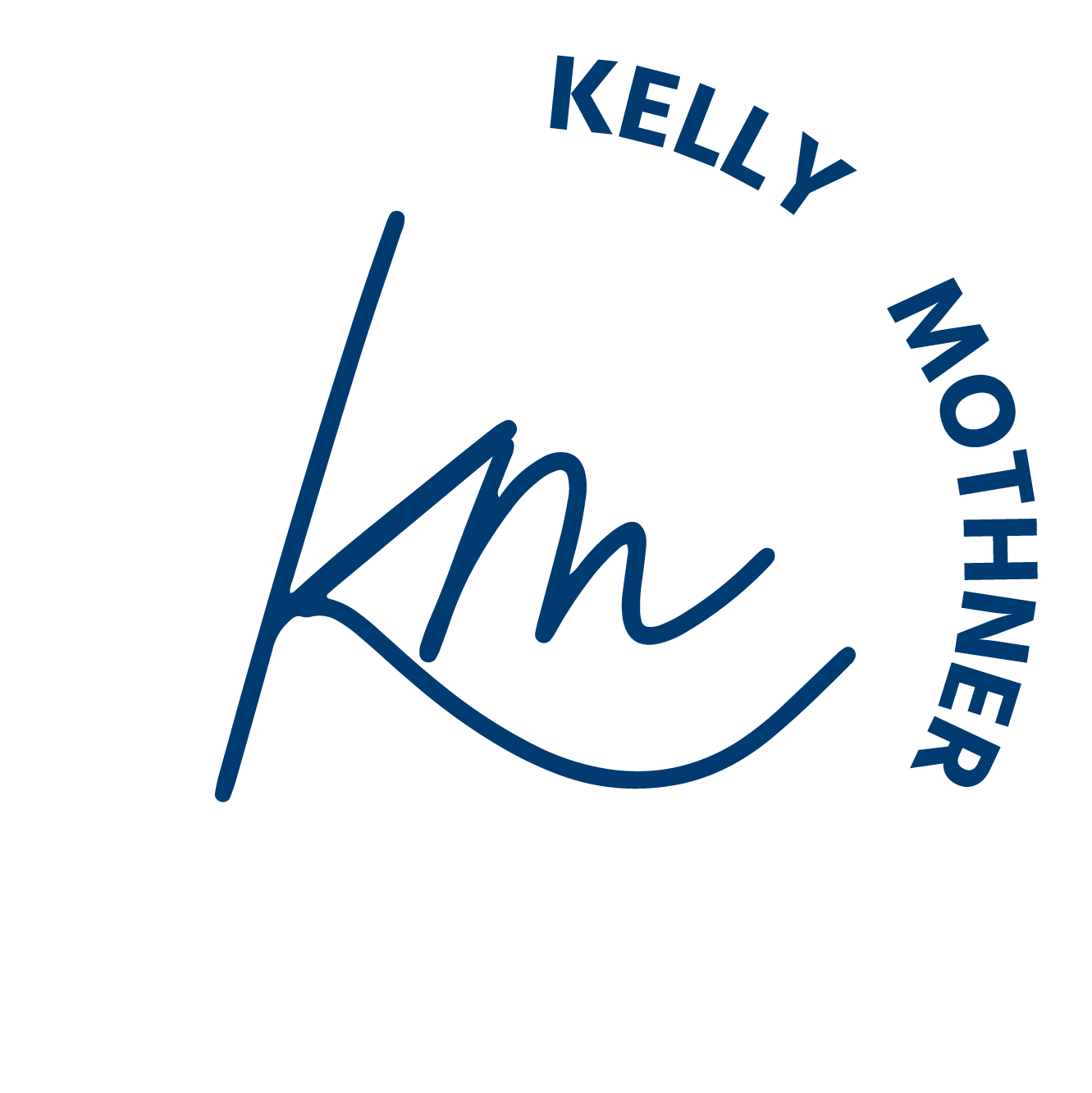How to Calm an Anxious Child
At some point in our lives, we have all experienced the unpleasantness of anxiety. Based on our own personal experiences with anxiety, we also know how difficult it can be to effectively manage anxiety. This is especially true when it comes to children. If you are a parent or caregiver of an anxious child, you may regularly find yourself in scenarios where your child’s anxiety gets in the way of his or her happiness. That is why as your trusted choice for therapy in the Hermosa Beach area, it’s my goal to help your children overcome any barriers that may be preventing them from reaching their full potential. Through my counseling experience with anxious children, I have found that when optimal coping methods are used by both children and family members, it can provide positive results.
Coping Methods to Try at Home
I understand that not all methods work for everyone, which is why at my Hermosa Beach private practice, we offer a variety of strategies to help your child cope with anxiety. The therapists who work in my practice care about your children, which is why we have provided a few techniques for you and your child to try at home.
1. Let it Out:
Whether it’s scribbling down a list of stressors or venting in a journal, studies have shown that writing about stressors can decrease anxiety towards it. Writing in a journal daily for a set amount of time may initially seem overwhelming to your child, but over time this practice will help reduce anxiety levels. Also, allowing your child a set amount of time to write their stressors on a page and then coming up with a unique way to dispose of them after, can help facilitate the release of the anxiety connected to those particular stressors.
2. Write a Letter:
Ask your child to write a letter to their friends as though their friends were the ones going through anxiety. This lets your child examine and break down the cause of their anxiety in an objective way, and lets them express concern and compassion towards themselves that they typically would only feel for others.
3. Talk to Your Stressor:
Talking to your stressor as if it were a person allows children to feel some sort of control. By doing this, the mind will begin to place boundaries on whatever the cause of stress happens to be. For younger kids, you can even have them talk to a stuffed animal or an object that represents their worries.
4. The Power of Touch:
Sometimes something as simple as a hug can help relieve anxiety. The feel good hormone, Oxytocin, is released through physical touch and can reduce the hormone cortisol, which causes stress. Your child can even hug themselves by crossing his or her arms around their chest and squeezing to provide that same comfort.
5. Massage Your Ears:
Stress can be relieved by lightly tracing the outline of the ear several times and then applying gentle pressure to the ear lobe in 5 second intervals. Acupuncturists have used these points in the ear to help treat stress and anxiety for thousands of years.
6. Understand Anxiety:
Though it may be unnecessary now, anxiety and stress had a biological purpose in the human body to help our hunter gatherer ancestors avoid danger in the past. Explaining to your child why these feelings occur and how that it doesn’t always mean something is wrong can help alleviate stress.
7. Exercise and Stretching:
Whether it’s playing sports or a yoga class, studies have shown that exercising and stretching can help reduce stress in children long after performing the activity. Working out releases endorphins which help us feel good, and can reduce stress.
8. Take a Walk Outdoors:
Studies have shown that being outside and exposed to green areas can help calm your children and create a positive cognitive effect.
9. Stay Hydrated:
Since our brains are mostly made up of water, being dehydrated makes anxiety and stress worse. Even though not drinking enough water won’t cause anxiety, it can enhance the effects. Try to make sure your child is drinking enough water a day to help relieve any additional stressors.
10. Focus on Your Breath:
When we are stressed out, we biologically are programed to breath much shorter and quicker. Focusing on breathing slowly may not only distract your child’s mind, but also will help them feel better.
11. Listen to Music:
Listening to music can not only elevate your child’s mood and stress levels, but it can also distract them from their anxious thoughts. Create an upbeat playlist that your child enjoys and can even sing along to!
12. Help Others:
Whether it’s giving a friend advice or volunteering, helping others can help alleviate anxiety. By focusing on others your child will be distracted from their anxiety, feel good about their positive actions, and may even gain insight into their own anxieties by helping others through theirs.
Make an Appointment with Your Local Hermosa Beach Family Therapist
If your child struggles with anxiety or if you are interested in beginning family therapy sessions to help with your child’s anxiety, come visit our Hermosa Beach, CA therapists today. Anxiety disorders are a common distress for many of my clients, so whether your child suffers from panic disorder, separation anxiety, social anxiety, post-traumatic stress disorder, phobias, obsessive-compulsive disorder, or any generalized anxiety disorder, our family counselors in Hermosa Beach, CA are here to help. Please feel free to contact us if you have any questions or to schedule an appointment. I hope to hear from you soon!


